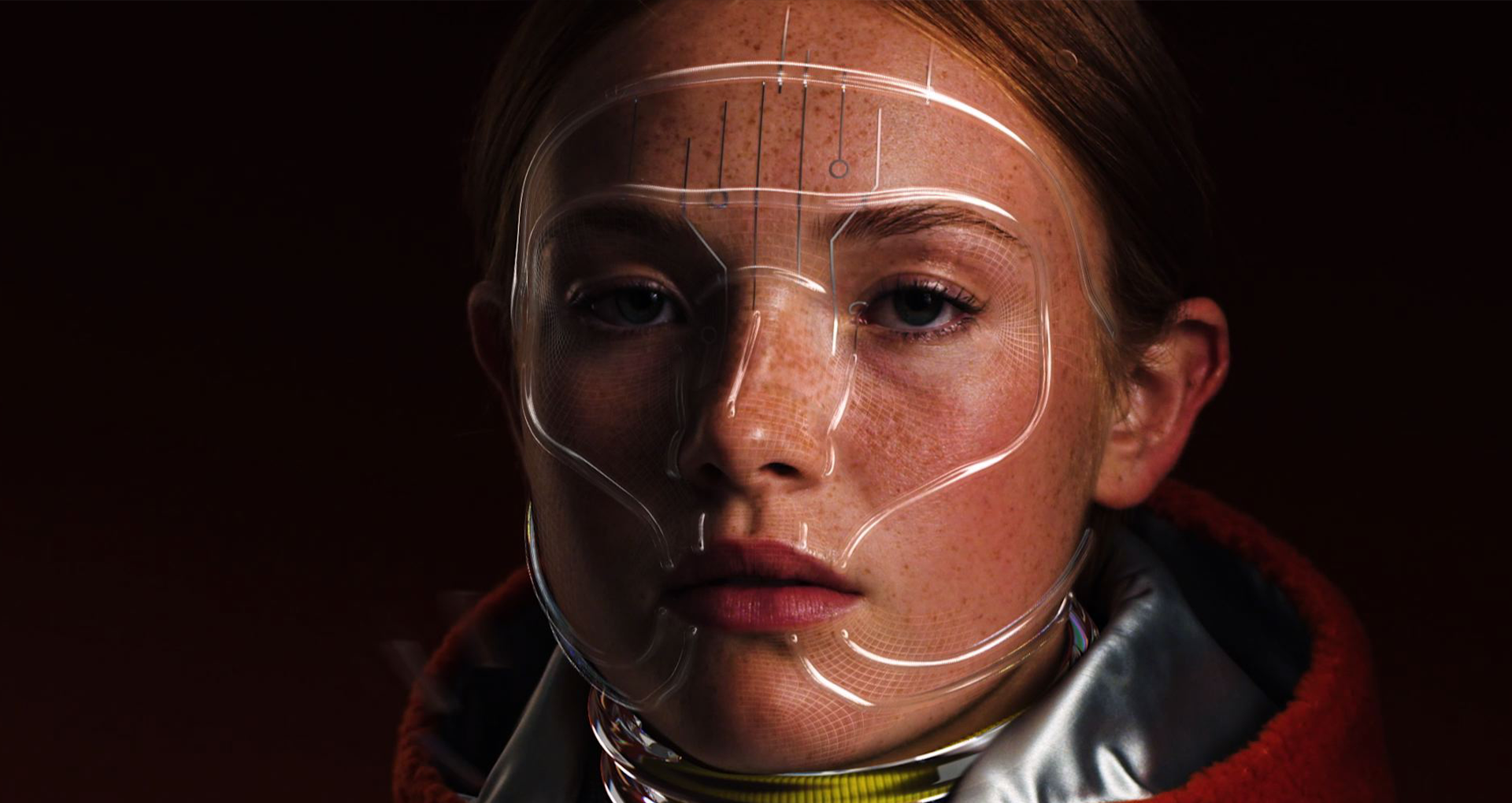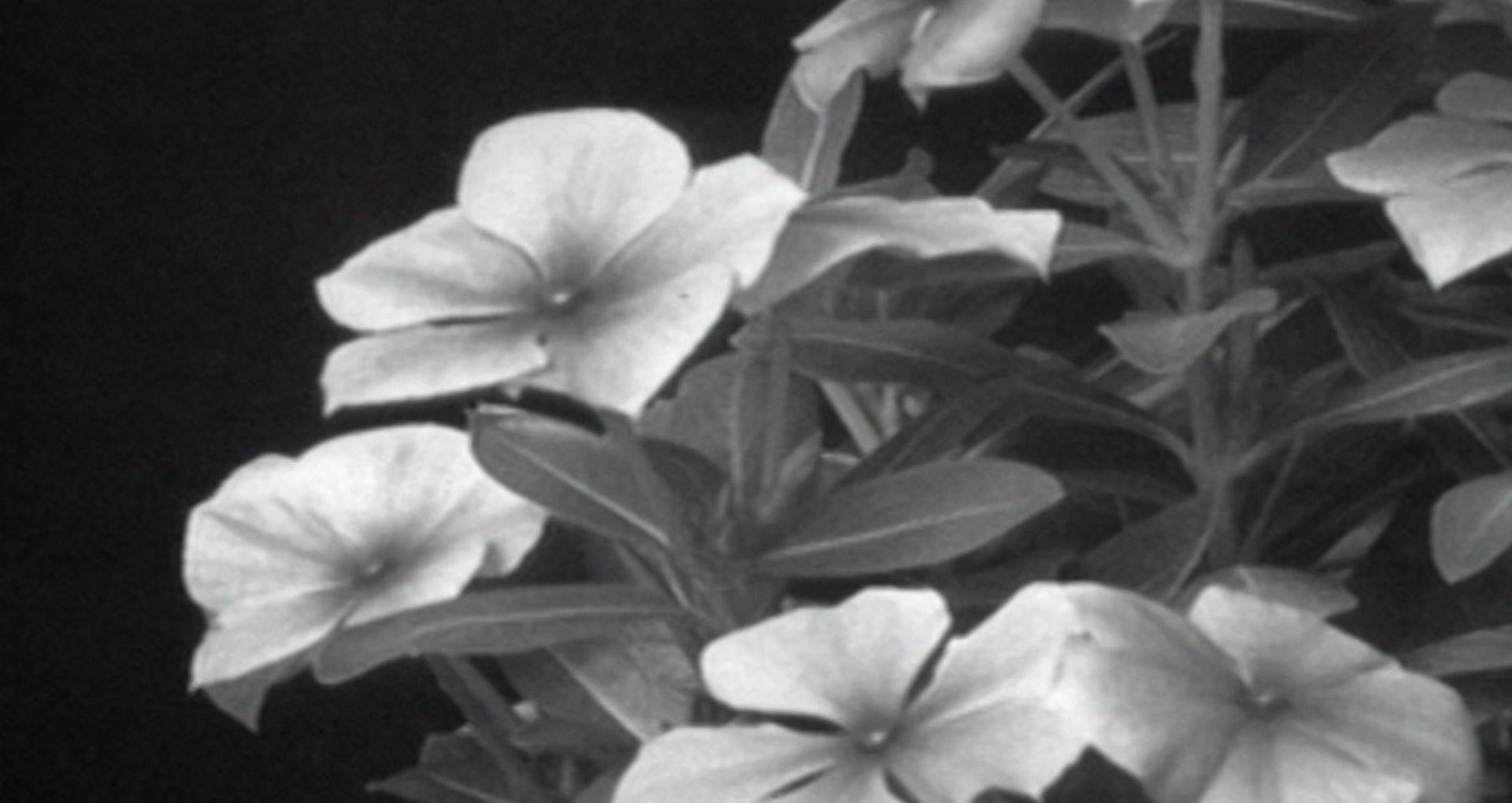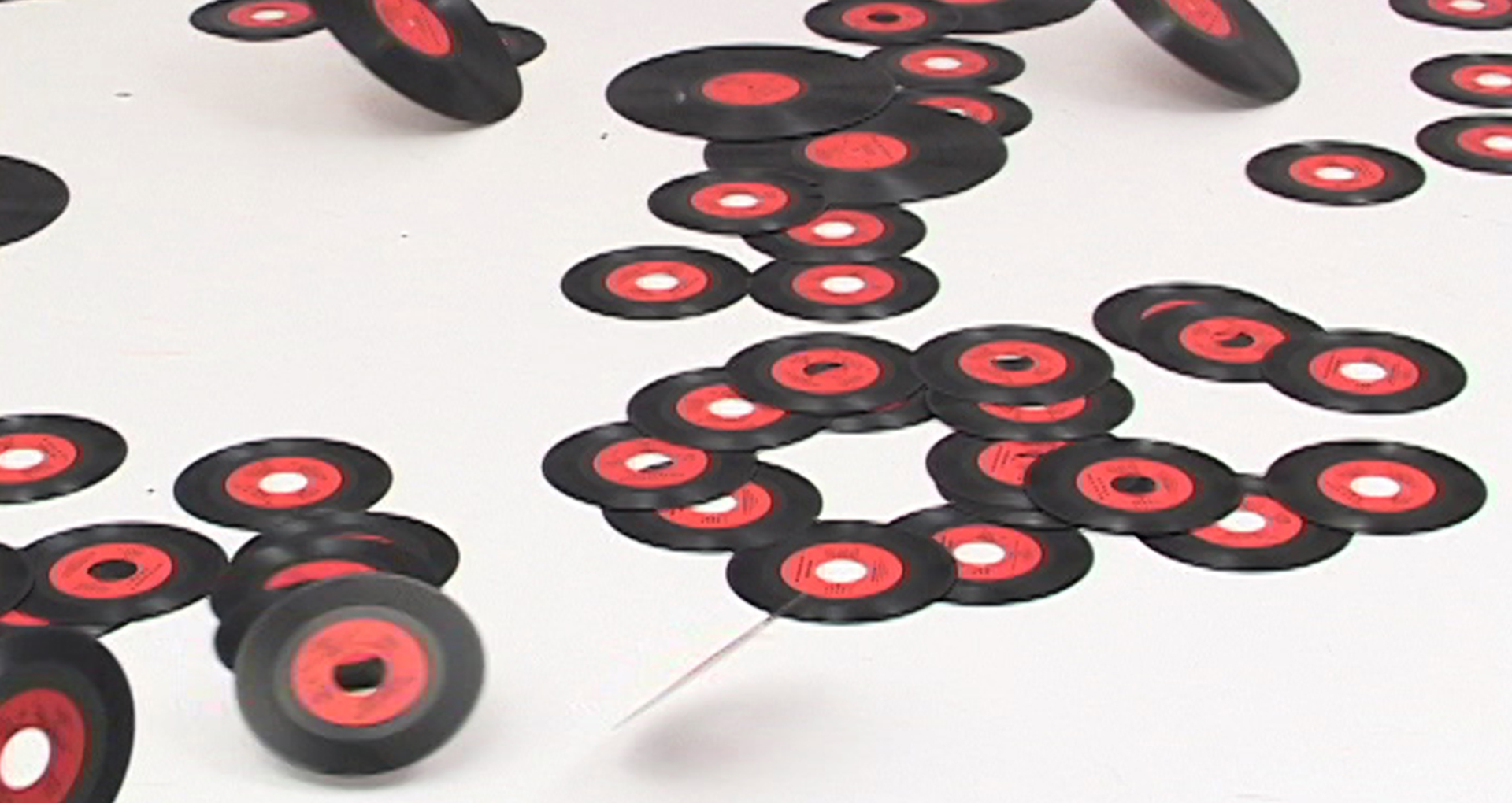
© Nathalie Bujold, Cabaret, 2009
Distribution and legal aspects of independent video
ONLINE DISCUSSION
Free upon registration
This workshop is for independent video artists who want to learn more about distribution and the legal aspects surrounding their practice.
The workshop will take place online via Zoom. The link to the virtual discussion will be sent by email to participants who register.
Please note that our field of expertise is experimental video works, so the discussion will focus on this genre. The presentations by the speakers will be followed by a Q&A.
On the agenda:
Distribution of an independent video work
Denis Vaillancourt and Marion Lévesque-Albert invite you to dissect the various issues around the distribution of independent video works. This discussion is an introduction to the different stages of video distribution, from festival circuits to other possible roads.
- Presentation of the speakers.
- What kind of work does a distributor do?
- Presentation of the standard contract and explanations of certain clauses.
- Assessment of the scope of a video: Who’s the targeted public? Who do we want to present it to?
- Festivals: circuits, premieres, fees, how to navigate?
- Self-distribution, is it possible?
- Resources.
Legal aspects of an independent video work
Presentation and discussion of the legal principles guiding the production and distribution of independent videos by Georges Azzaria. Explanation of the concepts of copyright, image rights, and the main clauses that must be included in a contract.
Copyright
- Originality
- Ownership
- Moral rights
- Exceptions
Image rights
- Principle
- Scope
The contracts
- Release of rights
- Content of a contract
- Examples of clauses
Date: Friday, June 18, 2021, from 10 am to 3:15 pm
Schedule :
10 to 12:30 am: Distribution of independent videos with Denis Vaillancourt et Marion Lévesque-Albert
12:30 to 1:30 pm: Lunch break
1:30 pm: Presentation of the Independent Media Arts Alliance (IMAA) and their Online Media Arts Presentation Standards project with Benjamin J. Allard
1:45 to 3:15 pm: Legal aspects of an independent video work with Georges Azzaria
For further information, please contact: Charlie Carroll-Beauchamp at info@videographe.org
Our speakers
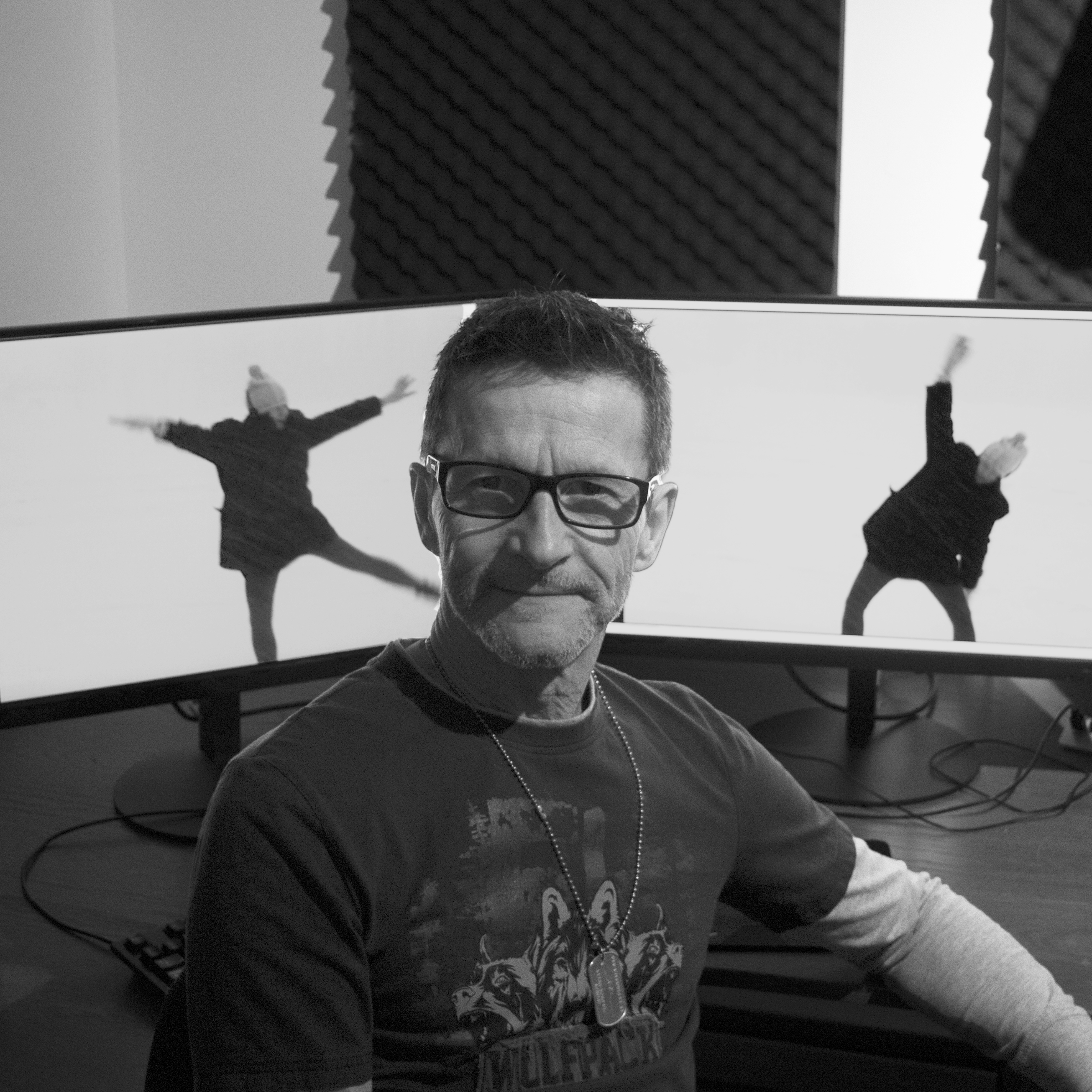
Denis Vaillancourt
Distribution Coordinator -Vidéographe
Denis Vaillancourt studied cinema, theater, and literature. One of his passions has always been writing. His short stories have been published in various literary magazines. As well, he has written a script, a play, and two novels.
Employed at Vidéographe since 1999, Denis currently works with the Distribution team. His main tasks consist of selecting work to be distributed and programming them. He passionately works to promote Vidéographe’s content here and abroad and thus has gained the confidence of artists represented by Vidéographe. At the same time, he is currently writing his third novel.
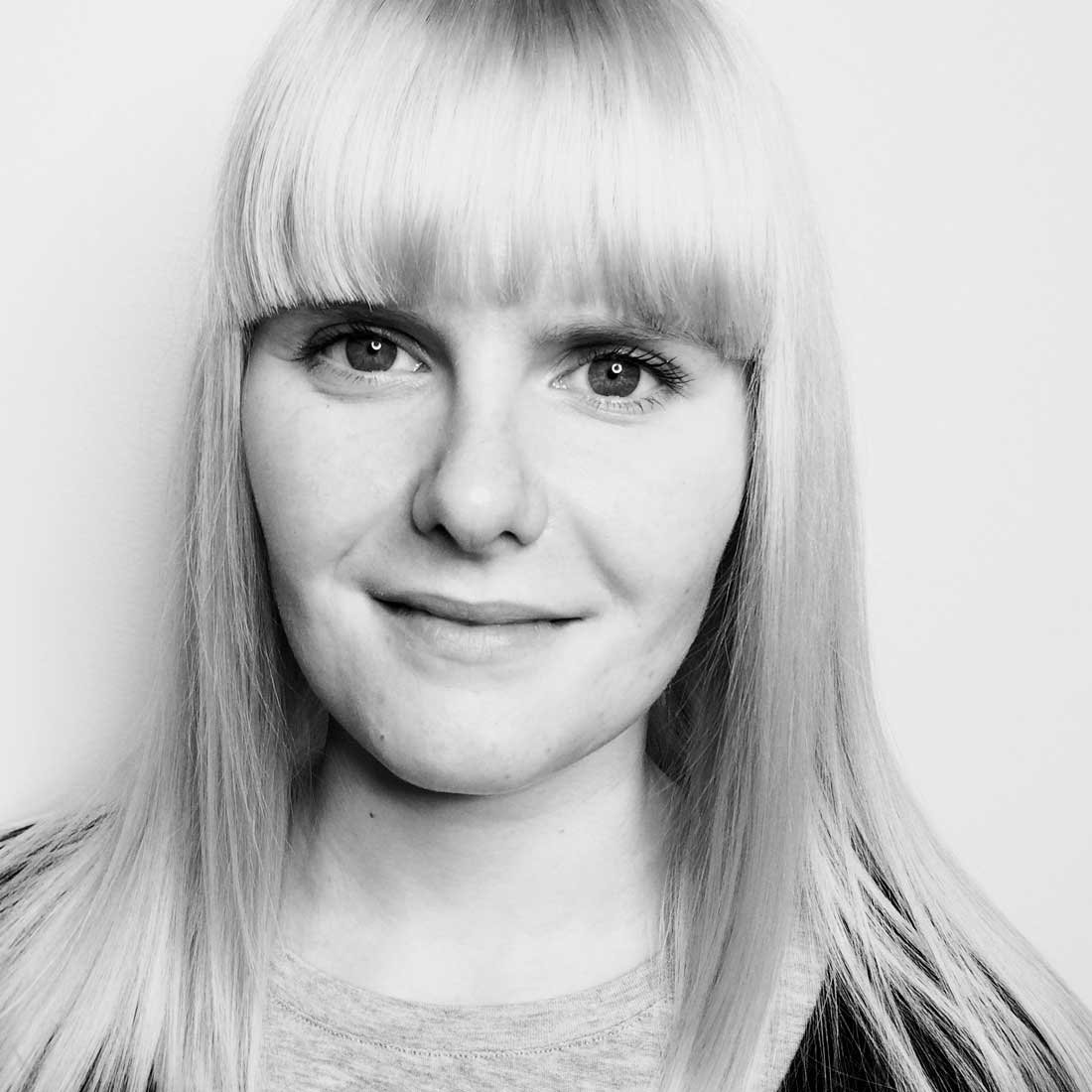
Marion Lévesque-Albert
Sales and Festival coordinator – Vidéographe
Marion Lévesque-Albert studied cinema, management, and literature. Having a keen interest in independent cinema, she has notably worked for the Rencontres internationales du documentaire de Montréal on several occasions. Knowing very well the circuit of local and international festivals, Marion collaborates and supports the artists of Vidéographe through the process of distributing their works. Recently, Marion has also been coordinating the programming activities of Vidéographe.
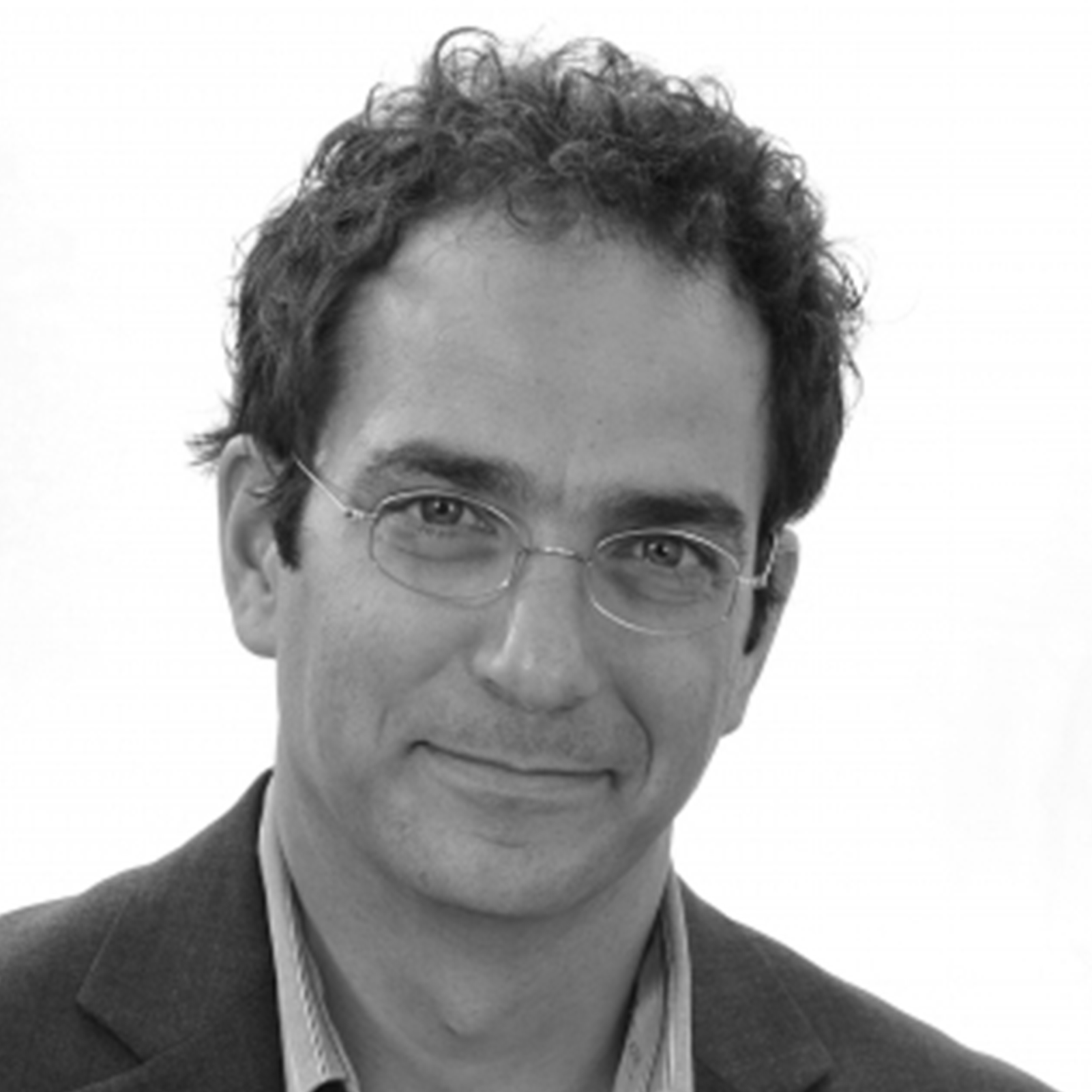
Georges Azzaria
Professor – Université Laval
Georges Azzaria is a professor of intellectual property and methodology at the Faculty of Law at Université Laval in Quebec. His early research focused on the relationship between art and copyright, as well as the socio-economic status of artists. In recent years, he has been particularly interested in digital technologies from the perspective of intellectual property, privacy, and legal regulation.
Since 2017, he is the Director of the School of Art of the Faculty of Planning, Architecture, Art, and Design at Université Laval.
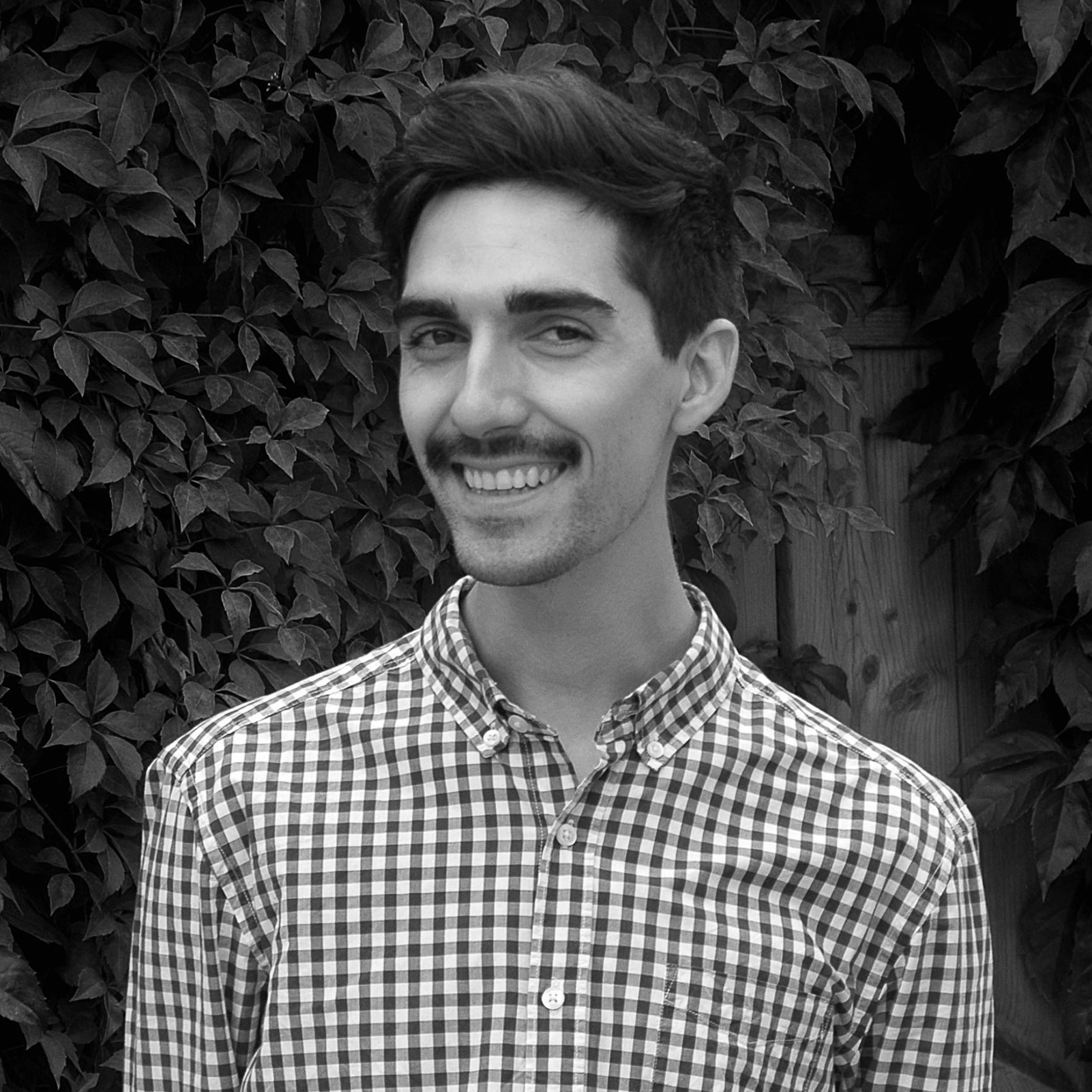
Benjamin J. Allard
Project Manager – Independent Media Arts Alliance (IMAA)
Benjamin J. Allard is an artist and teacher. Working between site-specific installations, interactive structures, and curatorial projects, Allard investigates archival documents with an interest in historiography, institutional contexts, and the political dimension of our personal life. He completed an MFA in Visual Arts at the University of British Columbia and a BA in Communication Studies at Concordia University.




